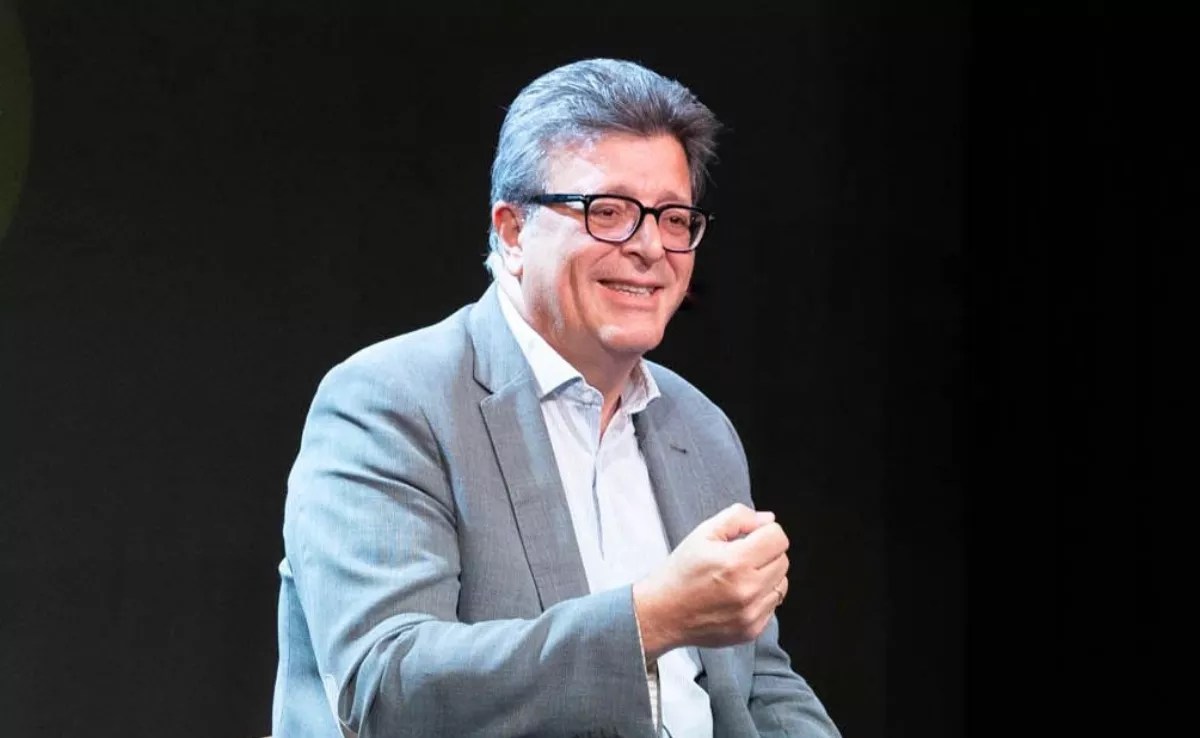Up to 294 people make up the final list of applicants to the selective process to cover the four new vacancies of Local police who has offered Municipality of El Rosario through free competitive examination. “Once the process is completed and they are incorporated into the staff, it will be the largest expansion of the El Rosario Local Police force carried out to date,” the Rosariero Consistory reported yesterday after the publication of the list in the Official Gazette of the Province (BOP).
Those registered in the process will take the physical fitness tests between March 7 and 11
The first deputy mayor and councilor for Citizen Security, Sarah Hair (IR-Greens), affirms that “it is an inalienable objective of this government to progressively improve both the human and material resources of our Local Police, something that will result in the attention given to citizens.” To this call for oppositions, “through which the current workforce will be increased by 28.5%», adds the reform of the headquarters of the Local Police, in La Esperanza, concluded last year and which has provided a larger space and has better technology.
The almost 300 applicants will carry out the different physical fitness tests between March 7 and 11 at the Francisco Peraza municipal stadiumin The lagoon, and in the municipal swimming pool of Los Realejos. To these tests will be added later those of psychotechnical capacity and all of them will be evaluated by the qualifying court already designated for this purpose.
The selection procedure began in April 2021 and the positions subject to the competition belong to the Special Administration scale, Special Services subscale, Basic class, group C and subgroup C1. These places will respond to the expansion needs of the current Local Police staff and were included in the 2020 Public Employment Offer.
This action comes after the works carried out in the police headquarters. That was a project that had an execution budget of 42,500 euros and that provided a larger space with better technology, as well as other working conditions for the agents and the operability of the facilities. Coinciding with that initiative, Cabello explained that the conditions in which the police had to carry out their work “were not the most ideal”, and lamented that the “lack of space, absence of the correct distribution of changing rooms between female agents and their male colleagues or the impossibility of having a meeting and follow-up area in case of emergencies were just some of the deficiencies of the old headquarters». And he celebrated: “Now we solve it with the complete renovation of the Local Police Headquarters.”
















